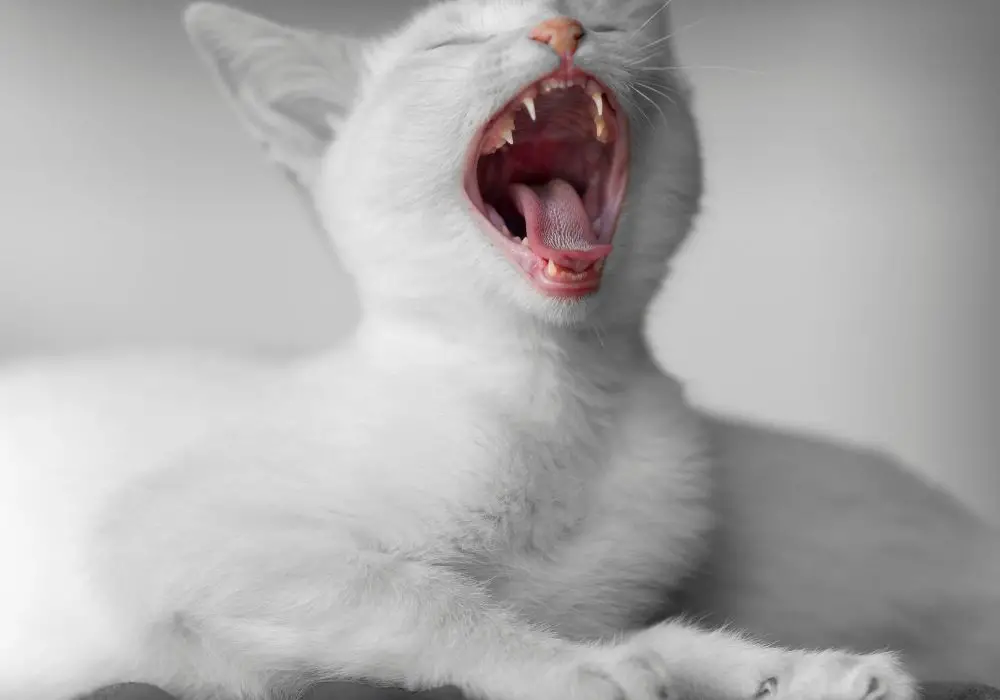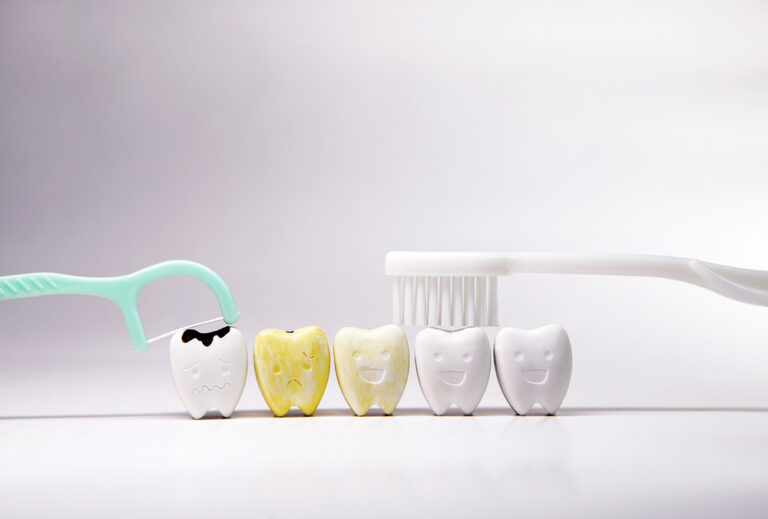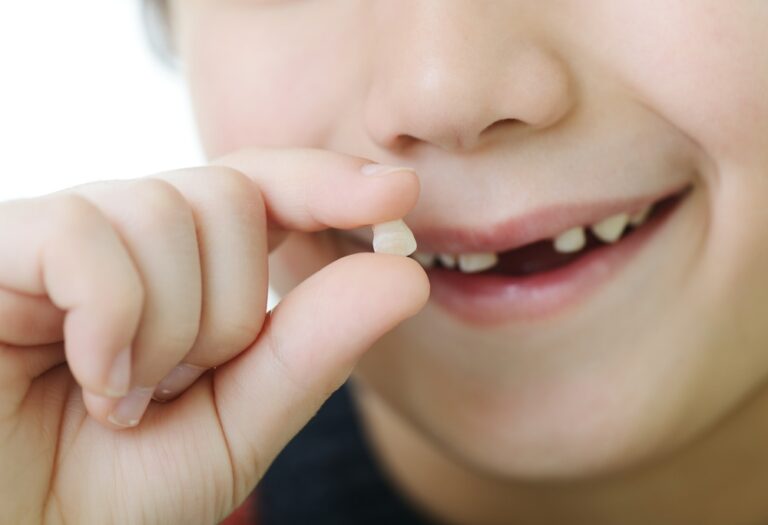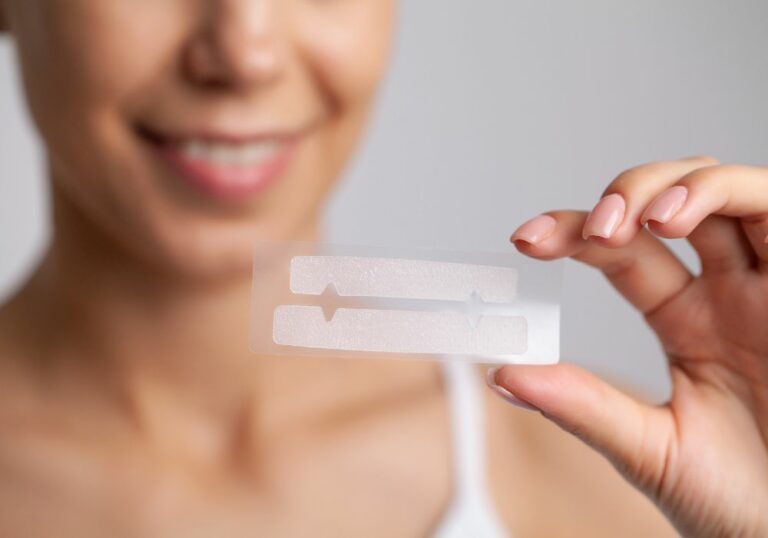Losing baby teeth is a natural part of growing up for kittens. Just like human babies, kittens have a set of deciduous or “baby” teeth that fall out to make room for their permanent adult teeth. This process typically starts around three months of age and can continue until the kitten is around seven months old. If you notice your kitten losing teeth, don’t worry, it’s perfectly normal.
While losing teeth is a natural process, there are a few things you can do to help your kitten through this stage. First, make sure your kitten has access to plenty of water to help soothe their gums. You can also offer soft, wet food or even freeze some wet food in an ice cube tray to create a soothing treat. Additionally, you may want to consider providing your kitten with some teething toys or chews to help relieve any discomfort they may be experiencing.
It’s important to note that while losing baby teeth is normal, there are some instances where it may be cause for concern. If your kitten is losing teeth outside of the typical age range or if you notice any signs of pain or infection, it’s important to consult with your veterinarian. With the right care and attention, however, your kitten will soon have a full set of healthy adult teeth.
Understanding Kitten Teething
Teething is a natural process that all kittens go through. It is the process of losing their baby teeth and growing their adult teeth. This process can be painful and uncomfortable for kittens, but there are things you can do to help ease their discomfort.
The Teething Process
Kittens start to teeth at around 3-4 months old, and the process can last until they are 6-7 months old. During this time, their baby teeth fall out, and their adult teeth grow in. Kittens have 26 baby teeth and 30 adult teeth, so they will lose 26 teeth and gain 30 teeth during the teething process.
Signs of Teething
There are a few signs that your kitten is teething. These signs include:
- Decreased appetite: Kitten teething is painful, so they may choose not to eat hard kitten food to avoid the pain.
- Excessive chewing: Kittens may chew on anything they can get their teeth on to help relieve the pain.
- Drooling: Kittens may drool more than usual during the teething process.
- Bleeding gums: You may notice some bleeding around your kitten’s gums when they lose their baby teeth.
If you notice any of these signs, it’s essential to help your kitten through the teething process. Providing them with safe things to chew on and soft food can help ease their discomfort.
What to Expect When Kitten Loses Teeth

Losing teeth is a normal process for kittens as they grow and develop. As a responsible pet owner, it’s important to know what to expect when your kitten loses teeth. Here are some things to keep in mind:
- Timeline: Kittens typically start losing their baby teeth at around 3-4 months old. The process usually finishes by the time they are 6-7 months old. During this time, you may notice your kitten chewing on things more than usual or showing signs of discomfort.
- Behavioral Changes: Losing teeth can be uncomfortable for kittens, so you may notice some changes in their behavior. They may be less interested in eating or playing, or they may chew on things more than usual to relieve their discomfort.
- Bleeding: It’s normal for there to be a small amount of bleeding when a kitten loses a tooth. However, if you notice excessive bleeding or your kitten seems to be in a lot of pain, contact your veterinarian.
- Adult Teeth: Once your kitten’s baby teeth have fallen out, their adult teeth will start to come in. This process can take several months, and you may notice some discomfort during this time. Make sure to keep an eye on your kitten’s teeth and gums to ensure they are growing in properly.
- Dental Care: As your kitten’s adult teeth come in, it’s important to establish good dental care habits. Brushing your kitten’s teeth regularly and providing dental treats can help prevent dental problems in the future.
Overall, losing teeth is a normal part of a kitten’s development. By knowing what to expect and providing proper care, you can help ensure your kitten grows up with a healthy set of teeth.
How to Help Your Kitten During Teething
Teething is a natural process for kittens, but it can be a challenging time for both you and your furry friend. During this time, your kitten may experience discomfort, pain, and a strong urge to chew. Here are some ways you can help your kitten during teething:
Provide Chew Toys
Chew toys can help relieve your kitten’s discomfort and provide a safe outlet for their chewing instincts. Look for toys that are specifically designed for teething kittens, such as rubber toys, soft plush toys, or chew sticks. Avoid toys that are too hard or small, as they can pose a choking hazard or damage your kitten’s teeth.
Feed Soft Food
During teething, your kitten’s gums may be sore and swollen, making it difficult for them to eat hard food. Consider switching to a soft food diet for a while or adding warm water to your kitten’s dry food to make it easier to chew. Make sure to provide your kitten with plenty of fresh water to keep them hydrated.
Monitor Dental Hygiene
Teething kittens are more prone to dental problems, such as gingivitis and periodontal disease. Monitor your kitten’s dental hygiene by checking their teeth and gums regularly. Look for signs of redness, swelling, bleeding, or bad breath. If you notice any of these symptoms, take your kitten to the vet for a checkup.
In addition to these tips, make sure to give your kitten plenty of love and attention during this time. Teething can be a challenging time for kittens, but with your help, your furry friend can get through it with ease.
When to Consult a Vet

If you notice that your kitten has lost a tooth, it’s important to keep an eye on their behavior and overall health. While losing baby teeth is normal, there are certain signs that may indicate a more serious issue. If you notice any of the following symptoms, it’s best to consult with a vet to ensure that your kitten receives proper care.
Persistent Bad Breath
Bad breath can be a sign of dental problems, such as gum disease or tooth decay. If your kitten’s breath has a foul odor that doesn’t go away with regular brushing, it’s best to consult with a vet. They can perform a thorough examination of your kitten’s teeth and gums to determine the cause of the bad breath and recommend appropriate treatment.
Loss of Appetite
If your kitten has lost a tooth and is not eating as much as usual, it could be a sign of pain or discomfort. This is especially concerning if it lasts for more than a day or two. Consult with a vet to determine the underlying cause of the loss of appetite and to ensure that your kitten is receiving proper nutrition.
Excessive Drooling
If your kitten is drooling excessively after losing a tooth, it could be a sign of pain or infection. This is especially concerning if the drooling is accompanied by other symptoms, such as swelling or redness of the gums. A vet can examine your kitten’s mouth to determine the cause of the drooling and recommend appropriate treatment.
Remember, if you notice any of these symptoms or any other concerning changes in your kitten’s behavior or health, it’s always best to consult with a vet. They can provide you with the guidance and care that your kitten needs to stay happy and healthy.
Frequently Asked Questions
When do kittens typically lose their baby teeth?
Kittens typically start losing their baby teeth around 3 to 4 months of age. The process usually lasts until they are 6 to 7 months old. During this time, you may notice your kitten’s teeth falling out or see their adult teeth starting to come in. It is important to monitor your kitten’s teeth during this time to ensure they are coming in properly and there are no issues.
What are some signs that a kitten is teething?
Some signs that your kitten is teething include excessive drooling, chewing on objects, and irritability. You may also notice that your kitten’s gums are red and swollen. If you notice any of these signs, it is important to provide your kitten with appropriate teething toys to chew on and monitor them closely.
How can I help my kitten through the teething process?
To help your kitten through the teething process, you should provide them with appropriate teething toys to chew on. This will help relieve their discomfort and prevent them from chewing on inappropriate objects. You can also offer your kitten wet food or softened dry food to make it easier for them to eat while their teeth are coming in.
What should I do if my kitten loses a tooth and is bleeding?
If your kitten loses a tooth and is bleeding, you should apply pressure to the area with a clean cloth or gauze pad. If the bleeding does not stop within a few minutes, or if you notice any signs of infection, such as swelling or discharge, you should contact your veterinarian.
Are there any safe teething toys for kittens?
Yes, there are many safe teething toys for kittens available. Look for toys that are specifically designed for kittens and are made of soft, flexible materials. Avoid toys that are too hard or have small pieces that could be swallowed.
Is it normal for a kitten to lose teeth at 5 months old?
Yes, it is normal for a kitten to lose teeth at 5 months old. The teething process can vary from kitten to kitten, so some may lose their teeth earlier or later than others. As long as your kitten’s teeth are coming in properly and there are no signs of infection or other issues, there is typically no cause for concern.







